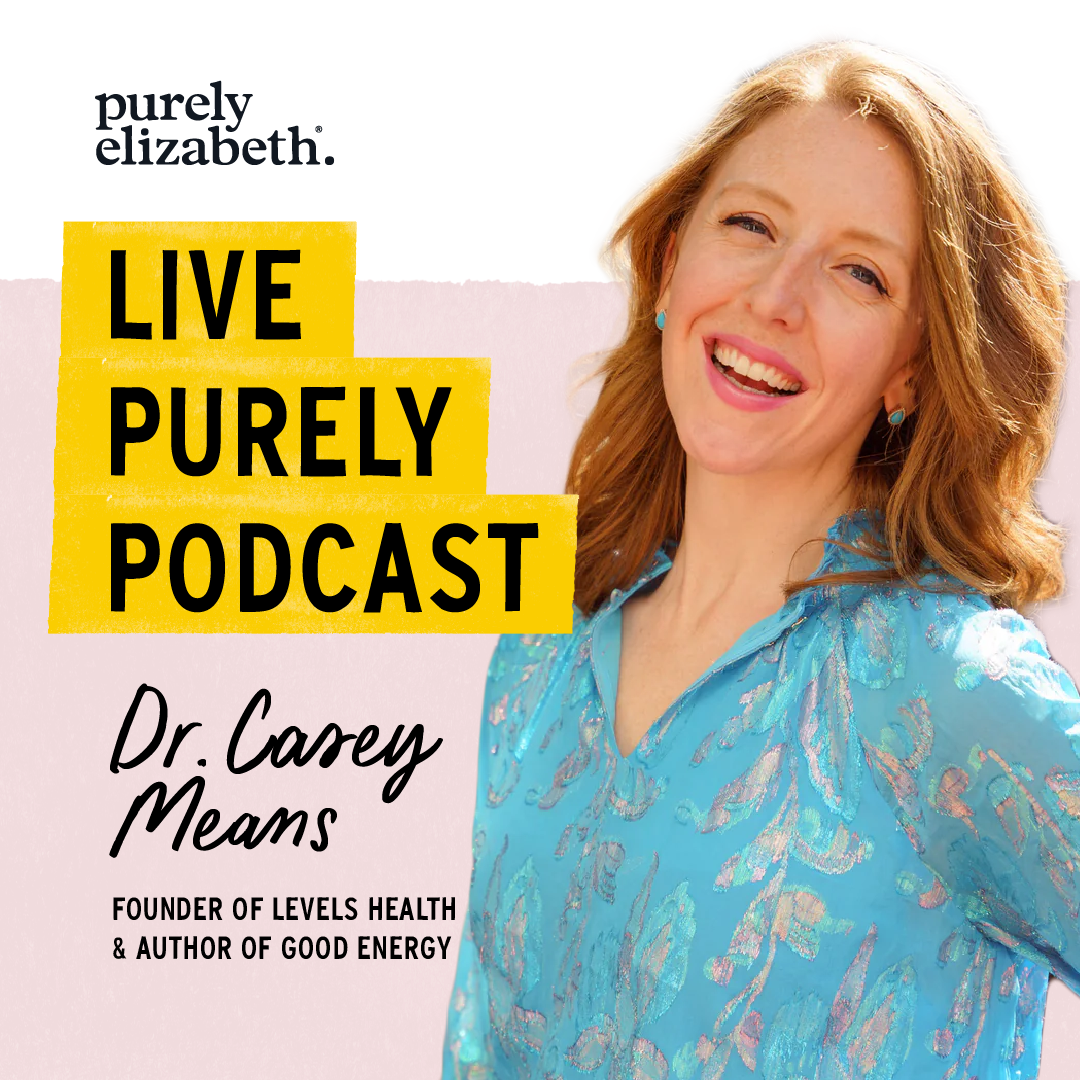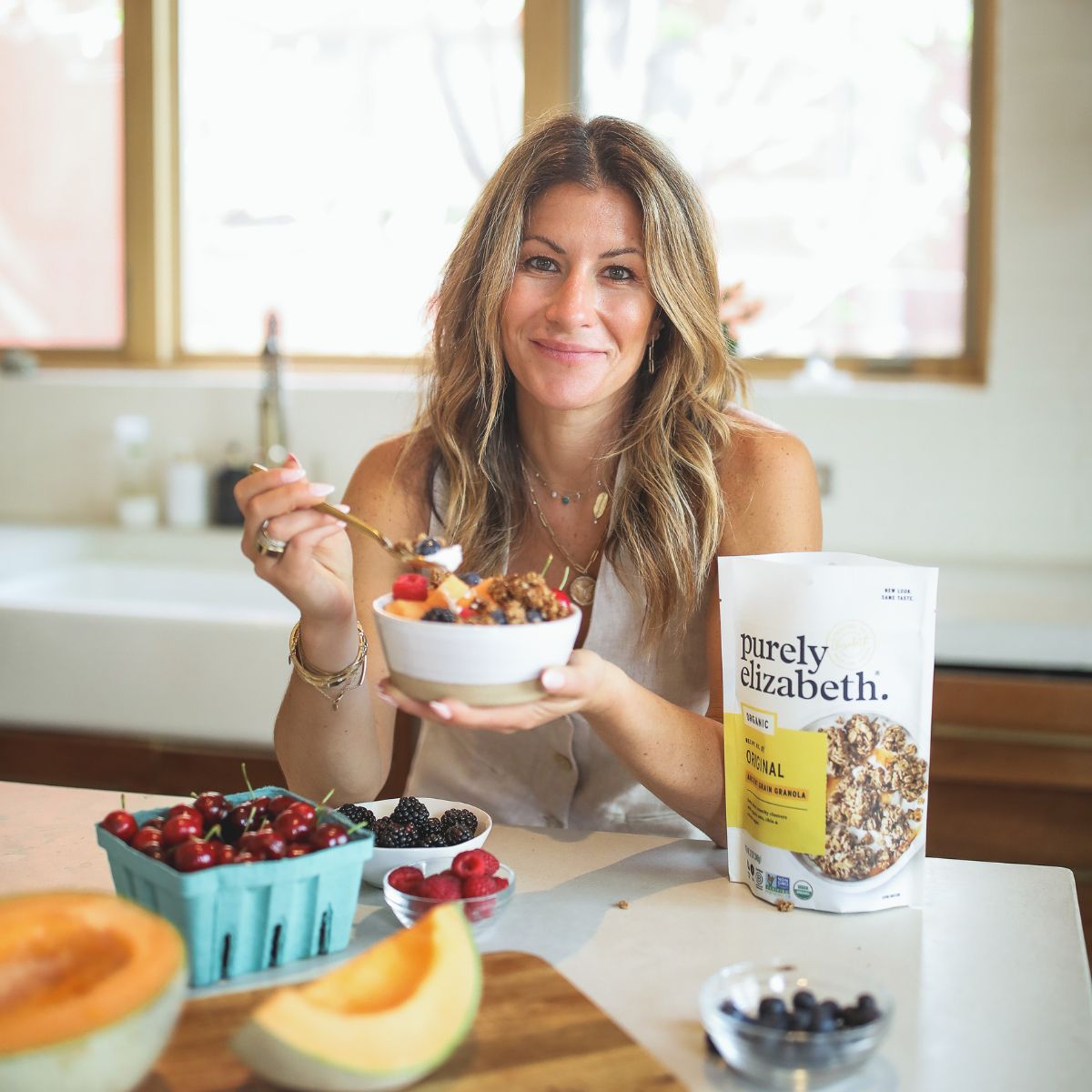Podcast
Creating Good Energy and The Connection Between Metabolic Health and Overall Wellness
with Dr. Casey Means

It’s all about good energy as Elizabeth welcomes Casey Means, a Stanford trained physician and Co-Founder of Levels, a health technology company with the mission of reversing the world’s metabolic health crisis. Casey first talks about training as a Head and Neck Surgeon before leaving traditional medicine to devote her life to helping reverse our broken food and healthcare system. She gives a glimpse into her new book, Good Energy: The Surprising Connection Between Metabolism and Limitless Health, and shares some great tips on balanced, healthy meals on the go that can support our metabolic health.
You may also like
Mix & Match










